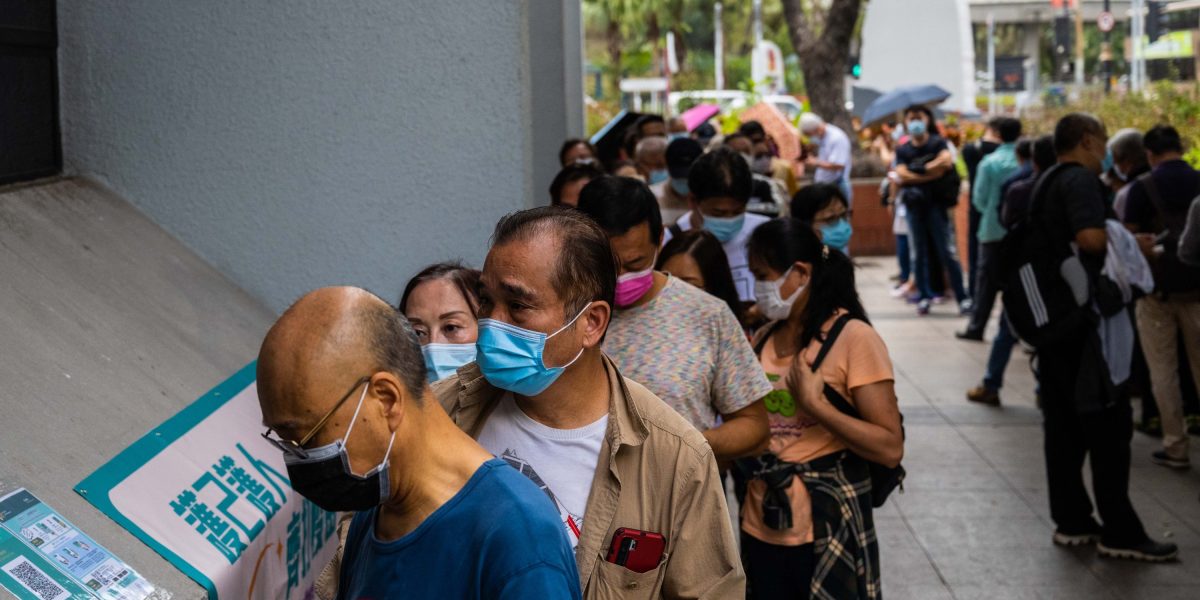
In the last week, regulatory bodies in both India and China have approved inhaled vaccines for covid-19. The companies behind these vaccines say that they’ll boost the immune responses of people who have already been vaccinated. Here’s what we know so far.
What are the new vaccines?
On Sunday, CanSinoBIO, a biopharmaceutical company based in Tianjin in China, announced that its inhaled vaccine, called Convidecia Air, had been approved as a booster by the National Medical Products Administration of China. The vaccine is inhaled through the mouth, and the company states it can “effectively induce comprehensive immune protection in response to Sars-CoV-2 [the virus that causes covid-19] after just one breath”.
The approval was swiftly followed by that of another inhaled vaccine, developed in India. On Tuesday, Bharat Biotech, based in Hyderabad, announced that the company’s nasal vaccine, known as iNCOVACC had also been approved in that country. The vaccine has been approved under “restricted use in emergency situations” as a booster dose for people who have already had two doses of injected vaccines.
How do they work?
Both vaccines promise to induce an immune response in the linings of the airways – something immunologists call a mucosal response. Once antibodies are present here, they should be able to provide a more immediate response to any invading virus. In theory, this type of immunity could prevent a person from becoming infected with the virus, and stop them from passing the virus to others. “They’re sitting where the virus is going to be encountered, which means they can act very, very rapidly,” says Ed Lavelle, an immunologist at Trinity College Dublin in Ireland.
Do we really need more covid-19 vaccines?
We could do with better ways to protect ourselves from covid-19. While the number of covid-19 cases continues to decline – globally, weekly cases have fallen by around 12% in the last week – the virus is still responsible for many deaths. Last week, a person died from covid-19 every 44 seconds, Tedros Adhanom Ghebreyesus, director general of the World Health Organization, told journalists at a press briefing on Wednesday. “Most of these deaths were avoidable,” he said.
